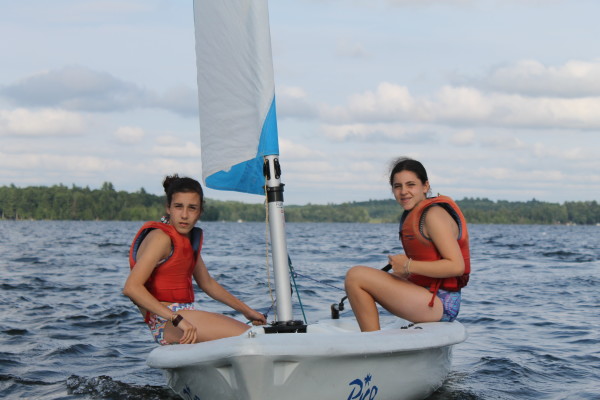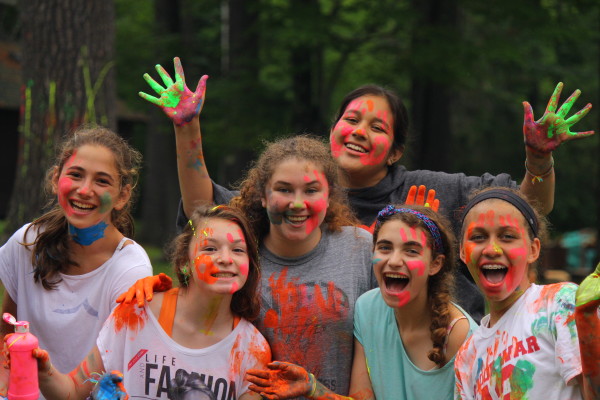Becoming is better than being.
Do you believe the above statement is true? If so, why? If not, why not?
In Carol Dweck’s book, Mindset, she discusses the differences between a fixed mindset and a growth mindset. As I was diving in, I was happily confident that I was mostly thriving with a growth mindset, but as I went further, I realized that I have very many “fixed mindset” tendencies.
What are these different mindsets anyway and why are they important?
 The fixed mindset is based on the belief that our qualities are carved in stone. They are there at the beginning, end-stop. Fixed traits we are born with. This mindset can result in people feeling they need to prove their worth over and over again. That not much can be changed about their personality, moral character, or intelligence, so they need to make sure it looks good to the outside world.
The fixed mindset is based on the belief that our qualities are carved in stone. They are there at the beginning, end-stop. Fixed traits we are born with. This mindset can result in people feeling they need to prove their worth over and over again. That not much can be changed about their personality, moral character, or intelligence, so they need to make sure it looks good to the outside world.
The growth mindset, however, is based on the belief that our basic qualities can be cultivated over time through our efforts. We are not stuck with a certain intelligence or a specific trait and can change and grow through application and experience.
The great thing about growth mindset is it allows people to thrive during really challenging circumstances.
Learners and Nonlearners
When you enter a new mindset, you enter a new world. In one world – the world of fixed traits – success is about proving you’re smart or talented. Validating yourself. In the other – the world of changing qualities – it’s about stretching yourself to learn something new. Developing yourself. In one world, failure is about having a setback. Getting a bad grade. Losing a tournament. Getting fired. Getting rejected. It means you’re not smart or talented. In the other world, failure is about not growing. Not reaching for the things you value. It means you’re not fulfilling your potential.
These two worlds can also be seen as “learners” and “nonlearners.” Growth mindset folks have a much higher capacity to learn from setbacks or mistakes, whereas fixed mindset folks often feel stuck in their setbacks and see mistakes as validating their failure as a person. They tend to wallow in their misery, putting a permanent stain on themselves, without tools to get out of that pit.
The growth mindset, however, sees challenge and interest as going hand-in-hand.
Many of the book’s studies were done with young children as well as college students. The result was that people with the fixed mindset swayed away from challenges. They wanted to stick with what they excelled at because this made them feel “smart.” They were scared to come out from under that notion. They were scared of going any further. Of failing. Of being seen as failures.
Fixed Mindset Entitlement

Another issue that can arise from the fixed mindset is the idea of superiority — that you are special, gifted, and therefore superior and entitled. There is an urgency to succeed with this mindset. It becomes one’s self-esteem. People start to see their fixed traits as better than others because if you fail, you ARE a failure. But things can come crashing down with this idea because if you are “somebody” when you are successful, what do you become when you are unsuccessful?
This discussion also isn’t a concrete either/or. I go between both mindsets depending on the circumstances and some people are very aware of which mindset they are and are satisfied with it. That’s great. We are all different. But I definitely feel there is a positivity to shifting more and more into a growth mindset.
And we’re never too old to shift our mindset.
Praise and Mindset
I think this topic applies to looking within yourself, and also if you are leading others. At Kippewa, we place a lot of importance on empowerment, encouragement, communication, and specific praise.
But praise can be tricky.
“You’re so smart!”
“You didn’t even have to study because you are so brilliant!”
Obviously the above type of praise comes with good intentions, but it is praising intelligence rather than effort. According to Dweck, “reassuring children about their intelligence or talent backfires. They’ll only be more afraid to show a deficiency.”
“You worked so hard on that problem.”
“You really challenged yourself!”
When we transition praise to not only be specific but praising the effort, we show that Point A to Point B is a process and one to be proud of, whether it’s a smooth ride or a bumpy one. That doesn’t mean we need to create challenges, but sometimes praising only the intellect can leave an unintentional burden on the other person.
Mindset at Camp
 Camp is all about many people in one place, encouraging each other. Campers get the opportunity to try so many things, while also navigating brand-new relationships.
Camp is all about many people in one place, encouraging each other. Campers get the opportunity to try so many things, while also navigating brand-new relationships.
And being encouraged specifically for their efforts is such huge positive for them. We’re in a wonderful position to help our campers through challenges with teachable moments to show they are not defined by a particular label or mistake.
I think this is important for all of us, no matter our age. To know that life is a growing process and there are always chances to learn, adapt, and grow.
This is not to say that people aren’t born with differences and abilities. I think the diversity of individuals is an awesome thing. But we never want to make people feel as though they are stuck.
No setback should be too great to move through or learn from. No label should scare us or define us. We want to come out of whatever is thrown at us thriving! And also maybe with a neon tutu on and some tie-dye. 🙂






 Check Out Our Two Week Camp Experience!
Check Out Our Two Week Camp Experience!